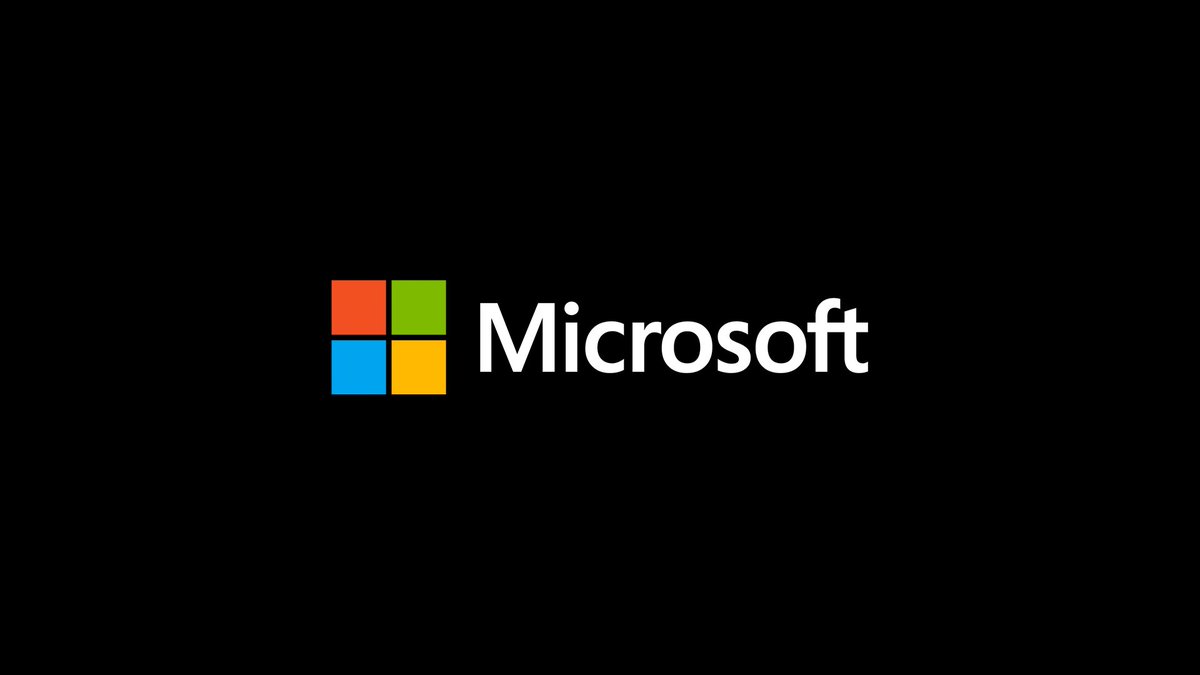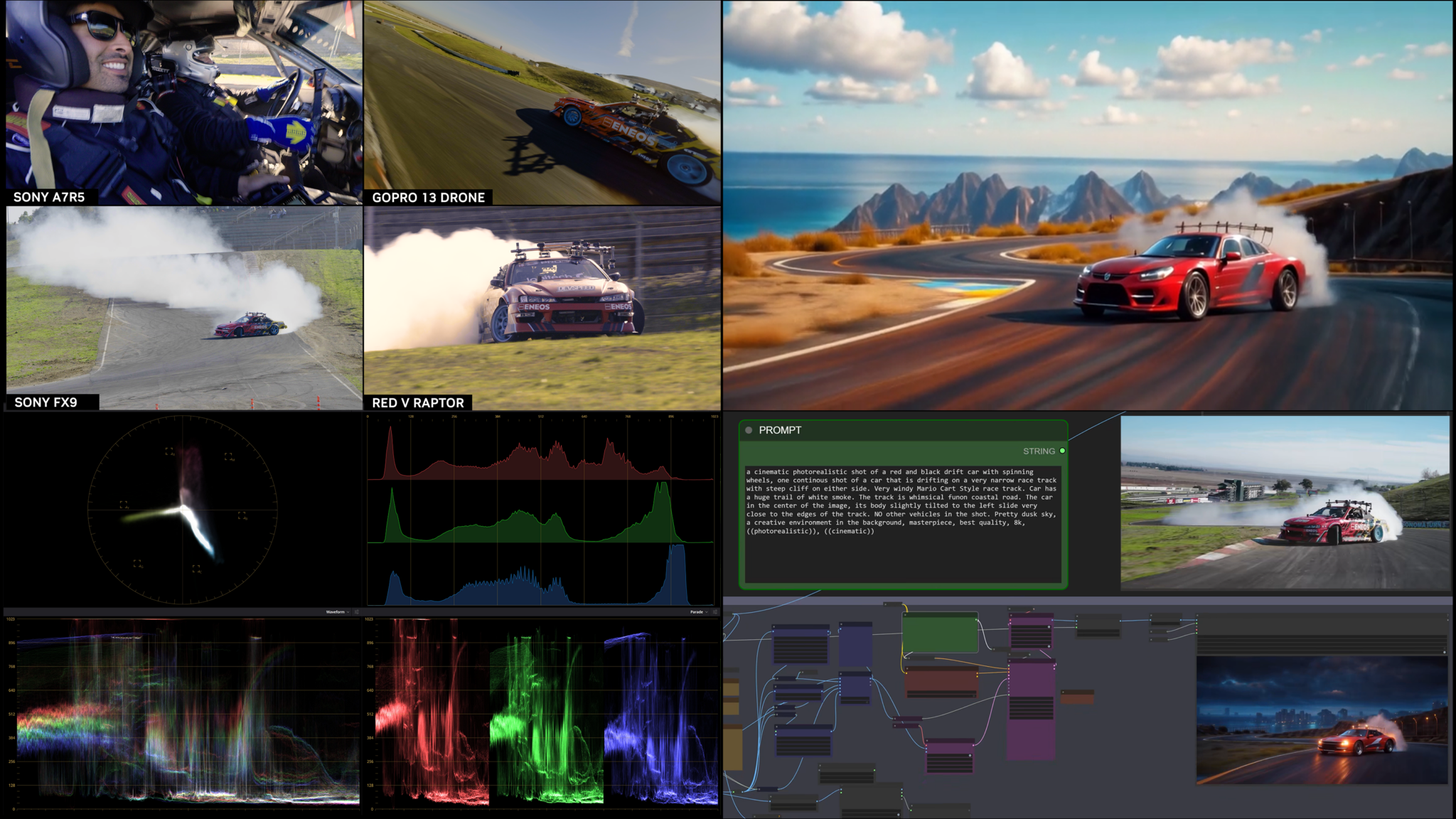Before joining the team at Ubie, a health tech startup in Japan using AI to transform patient experiences and streamline healthcare operations, I worked as a neurologist. I was often overwhelmed by my numerous clinical duties and endless paperwork, some of which needed to be completed by hand. I worried about how that affected the care and attention I could give to my patients. It’s why I was drawn to Ubie.
Our work is dedicated to helping healthcare professionals focus on what really matters: spending meaningful time with their patients and making the administrative tasks, like inputting medical records and writing referrals, more efficient.
Today, we’re building products that use Google’s Gemini models — fine-tuned on Google Cloud’s Vertex AI platform — in real-world clinical settings. By working closely with Google, we're able to fine-tune these advanced models to understand the specific nuances of Japanese healthcare. This means the AI can use voice recognition and summarization to help doctors and nurses with the significant challenge of creating so many discharge summaries, referral letters and informed consent documents.
This work is already making a difference across medium- to large-sized hospitals in rural areas of Japan:
- At Keiju General Hospital, the team uses our AI-powered discharge summary tools, significantly reducing the time nurses spend on these tasks by 42.5%, while also decreasing their psychological burden by 27.2%. Interestingly, further research showed that the impact was most significant for longer hospital stays where there is a higher cognitive load for nurses.
- At Yokokura Hospital, a medium-sized hospital located in Kyushu, voice transcription and summarization features powered by Gemini improved the efficiency of documenting patient explanations by 33%.
- In a trial at Kyushu University hospital, one of the largest hospitals in Japan, summarizing and standardizing referral letters led to a 54% increase in efficiency for doctors preparing admission summaries.
These kinds of changes ultimately allow healthcare professionals to spend more time with patients, which cascades to improved quality of care. Exactly the reason I became a doctor.
Efficiency in healthcare is particularly important in Japan, which faces an aging population coupled with a shrinking workforce. On top of that, securing administrative staff, especially in rural areas, can be challenging. All together, this places a considerable operational strain on hospitals. AI can be a game changer in helping reduce some of this burden while also creating tangible differences in how we do our work and how we show up for our patients.
Blog Article: Here





